Bellefontaine Cemetery
The first rural cemetery west of the Mississippi is home to the elaborate tombs of St. Louis' local beer barons.
More than one pilgrim has been observed leaving a cold one at the graves and mausolea of the St. Louis beer pioneers laid to rest at Bellefontaine Cemetery.
Members of beer dynasties like the Anheuser, Busch, and Lemp families are buried in the beautiful 314-acre landscape next to the Mississippi River, some in graves dramatically encircled by sculptural spires and elaborately carved angels in varying states of grief.
In keeping with the spirit and history of St. Louis, the cemetery periodically offers a Beer Baron’s Tour. One highlight is the domed and motif-lined Wainwright Tomb, originally built for the young wife of Ellis Wainwright, brewery owner and railroad developer who also commissioned the construction of the Wainwright Building, a St. Louis landmark.
The cemetery came into being in 1849, when a devastating cholera epidemic struck St. Louis, killing over 4,000. Given the rapid population growth of the area and concern that cemeteries in the city posed a health risk, the Rural Cemetery Association saw the need to purchase 138 acres of land along the road to Fort Bellefontaine. Over time, the city grew around the expanding cemetery.
The final resting place of approximately 87,000 people, Bellefontaine Cemetery is not to be missed by those who like to mix their macabre musings with some high-quality urban landscaping and architecture. Many wealthy families and prominent figures in the expansion of the West are entombed here in architecturally-significant, elaborate mausoleums.
Other notable burials include the victims of the 1855 Gasconade Bridge train disaster (the worst railroad disaster in Missouri history), William Clark, William S. Burroughs, The Joy of Cooking author Irma S. Rombauer, and William Beaumont, the “father of gastric physiology.”
In a unique display of life and mortality in the cemetery, Bellefontaine—a Level II Accredited Arboretum—is home to three state champion trees: an American elm, shingle oak, and red mulberry. The cemetery also boasts a dwarf redwood (a mutant derived from seeds collected by one of the first groups of scientists to visit China after it opened its borders in the 1960s) and thousands of shrubs and trees representing international and regional varieties.
Know Before You Go
Grounds are open year-round, including weekends and holidays, from 8 A.M. to 4:30 P.M. Bellefontaine is an active cemetery, and visitors are asked to conduct themselves accordingly. Pets are welcome, but must be on a leash. Maps and guided tour details can be found on the cemetery's website.
From I-70, take Exit 245B for West Florissant Avenue. Proceed northwest on West Florissant for 0.7 miles to the cemetery’s main entrance, which will be on the right, just after Shreve Avenue and before Kingshighway.




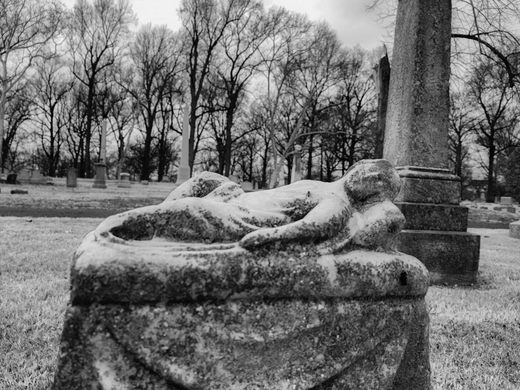
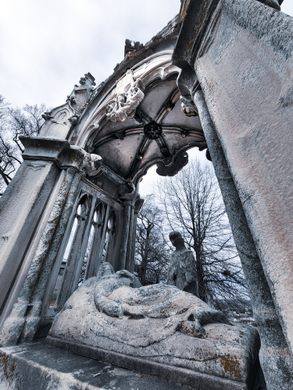
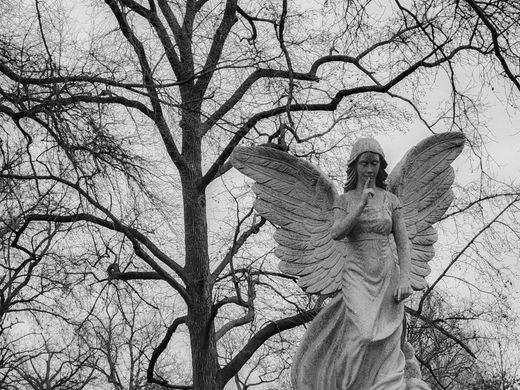


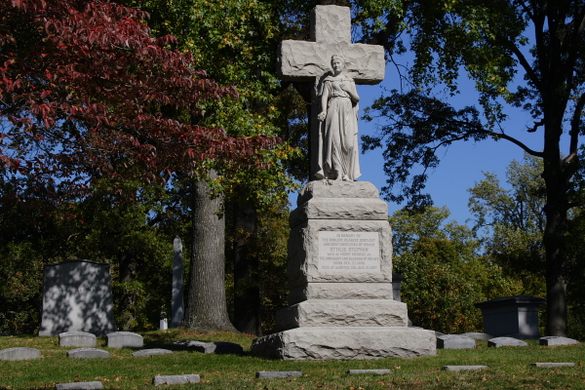
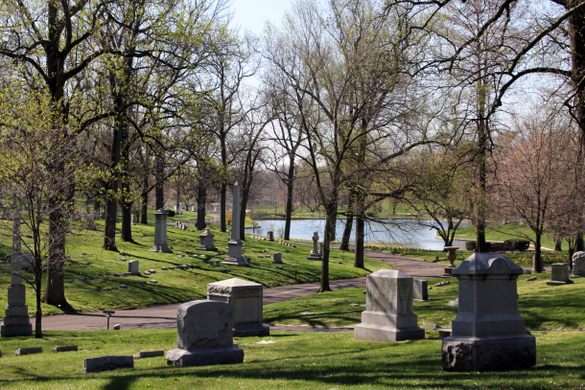



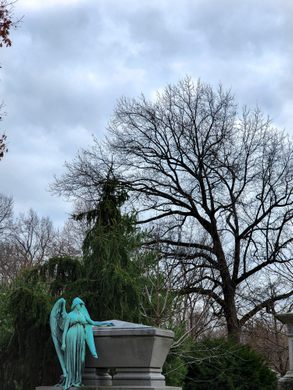
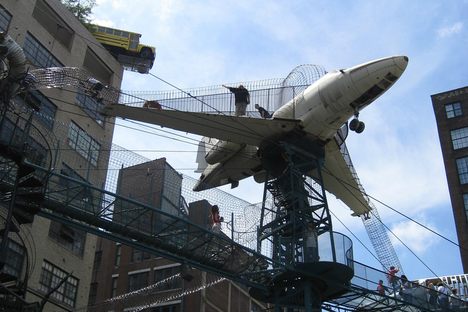





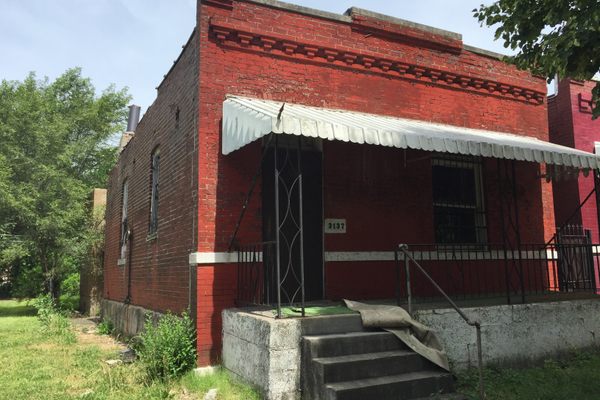
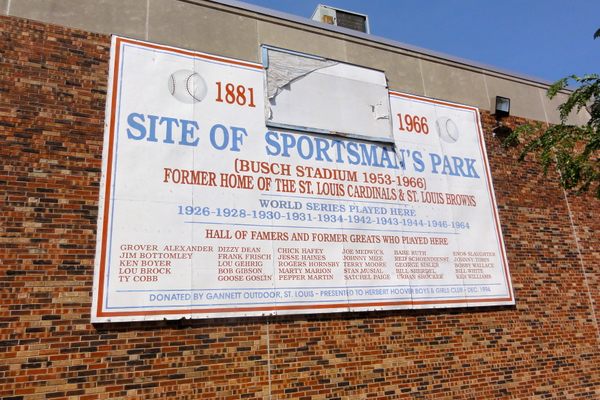
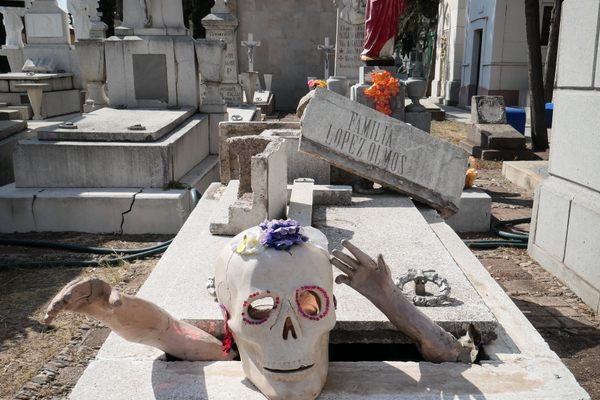

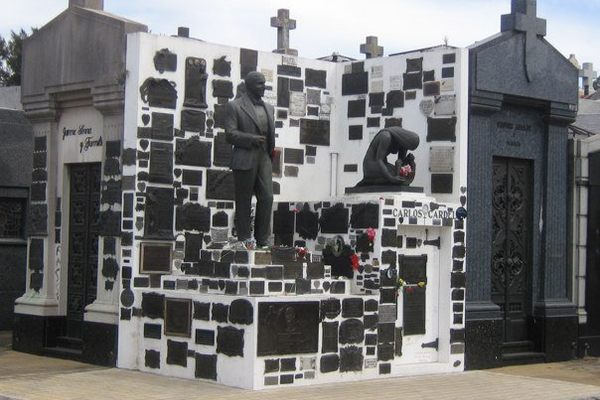
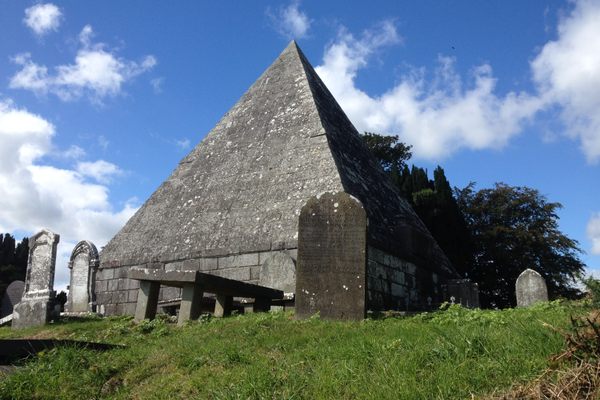

Follow us on Twitter to get the latest on the world's hidden wonders.
Like us on Facebook to get the latest on the world's hidden wonders.
Follow us on Twitter Like us on Facebook